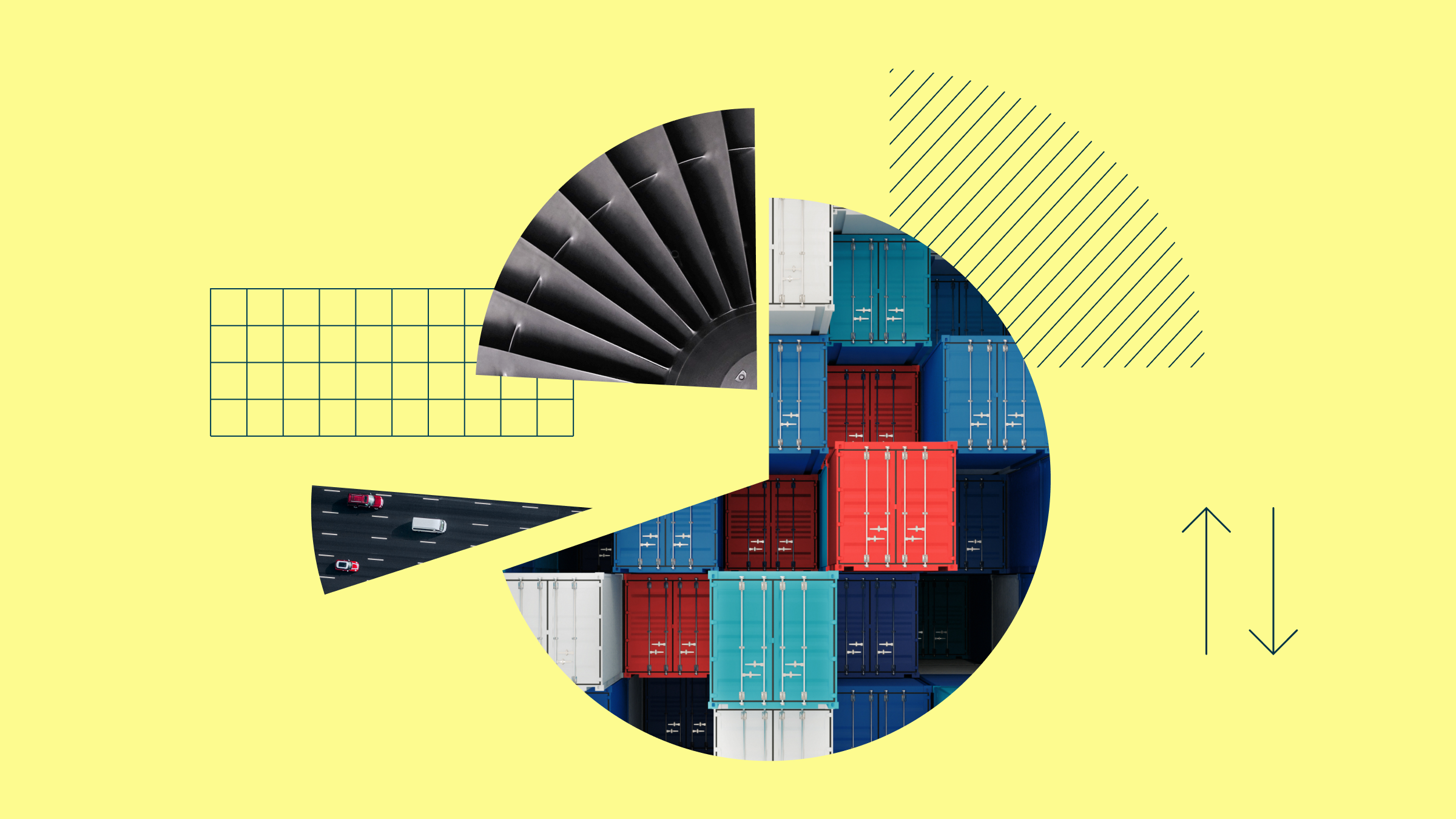Ruth Saldanha: A recent retirement survey has found that Canadians are planning to delay retirement because they haven't saved enough yet, or are forced to retire for circumstances beyond their control. What should you do to prepare and how should you start catching up if you don't have too much saved up for retirement? Matthew Williams of Franklin Templeton is here today to discuss the findings of the report and share his perspectives with us.
Matthew, thank you so much for being here today.
Matthew Williams: Thank you, Ruth.
Saldanha: So, for Canadian investors, what are some of the key findings of the report?
Williams: At Franklin Templeton, we saw four main key responses as a result of the survey. The first was, and pleasingly, that 80% of young baby boomers had started saving for retirement. Secondly, half of those baby boomers had said that they would work longer if they had not had satisfactory savings throughout their working life. And yet, a third of them had actually been forced to retire because of a change of their status, either due to their employment status or sometimes their health status.
The last piece was around individuals working with financial advisors. And we found that 96% of respondents who were working with financial advisors had actually started saving for their retirement as against 59% of respondents who had not been working with a financial advisor were still saving for retirement. So, there was quite a delta, quite a gap between those working with financial advisors and those that weren't.
Saldanha: What are some of the issues or the expenses that Canadian investors should plan for in retirement?
Williams: We think about fixed, rising and discretionary expenses. So, the fixed expenses that individuals need to think about, maybe the repayment of debt; maybe around the payment of food or paying the utility bills; and then, the discretionary spend is around travel and entertainment. And people need to think about their retirement budget in those three different blocks. Actually, out of the survey, the standout for U.S. respondents, their number one issue was around the payment of pharmaceutical and medical expenses as they transition through to retirement. Whereas for Canadians – and maybe this is by virtue of the universal healthcare we're fortunate enough to have in Canada – their number one issue, Canadian's number one issue, was around retirement lifestyle expenses and that pharma and medical expenses rated much lower in the survey.
Saldanha: Finally, if someone hasn't saved up enough for retirement or hasn't even perhaps started yet, what are some of the tips to catch up?
Williams: If an individual is employed and they have the ability to participate in a workplace savings arrangement, maximize their contributions if they can, particularly if those employers are putting an additional contribution or a match in, whether it's through a defined contribution pension plan or a group RRSP. The other thing we at Franklin Templeton want to ensure people think about, particularly as they are working with a financial advisor is to prepare a budget, is to prepare a retirement budget three to five years ahead of the event of retirement, not at the date of retirement.
And then, thirdly, think about where all of those sources of income are going to come from in retirement. Invariably, they come from three sources, either from the government through the Canadian Pension Plan, old age security or a guaranteed income supplement, from a workplace pension plan which could be a DB (Defined Benefit) plan or other workplace savings environment and/or then private savings around rent, dividends, other individual RRSPs, for example. Probably the last piece is to go and seek some financial advice. If you don't know the answers to the questions you are thinking about, a financial advisor can help with that piece.
Saldanha: Thank you so much for joining us with your perspectives, Matthew.
Williams: Pleasure. Thank you.
Saldanha: For Morningstar, I'm Ruth Saldanha.







:quality(80)/cloudfront-us-east-1.images.arcpublishing.com/morningstar/347BSP2KJNBCLKVD7DGXSFLDLU.jpg)












